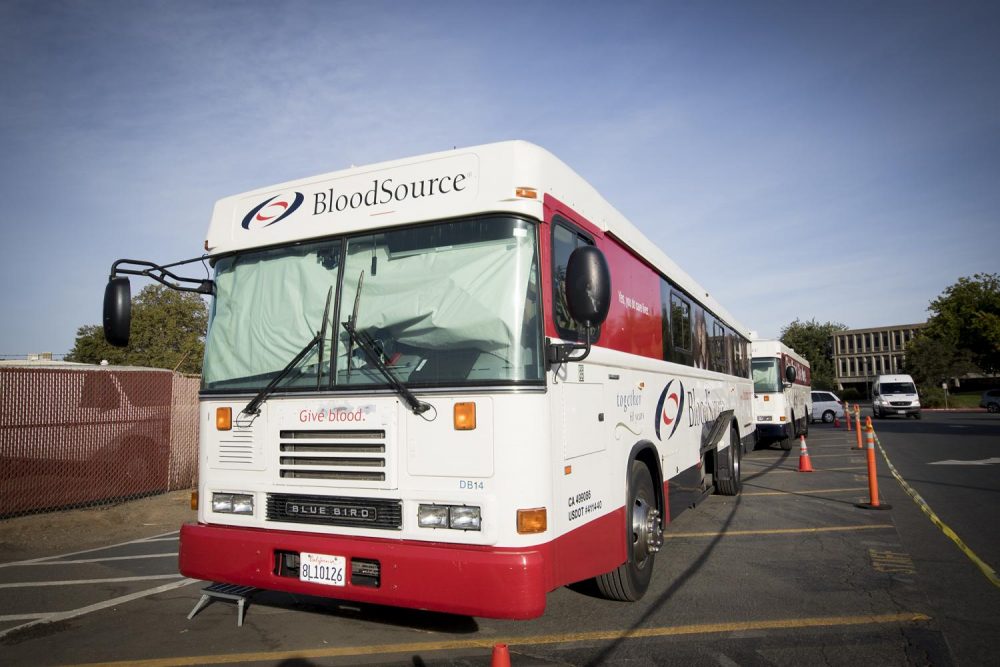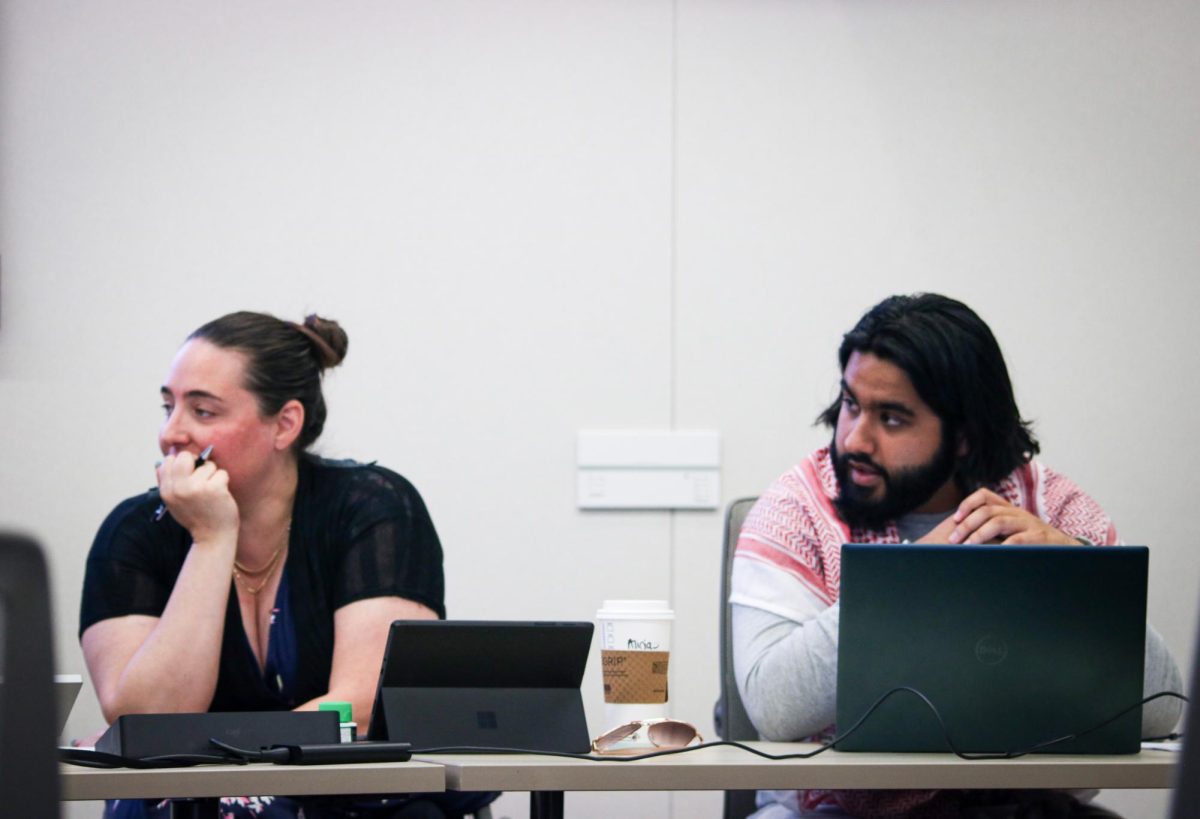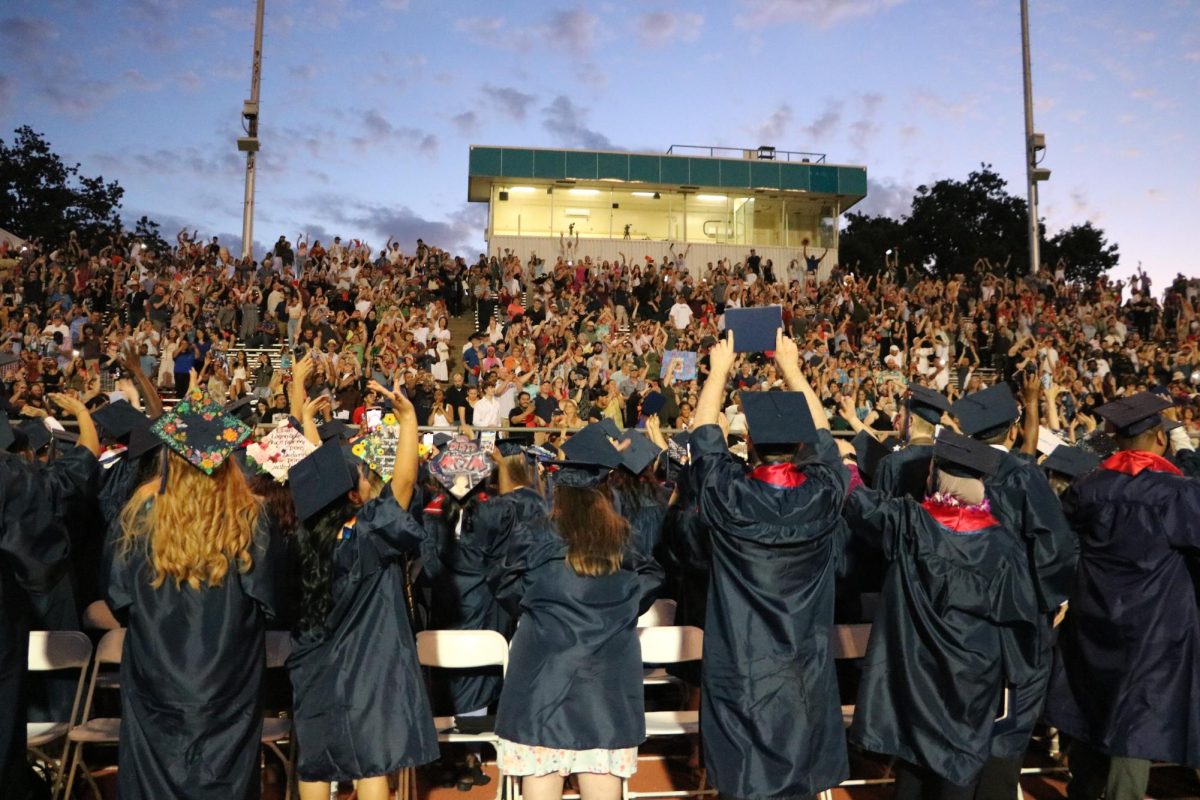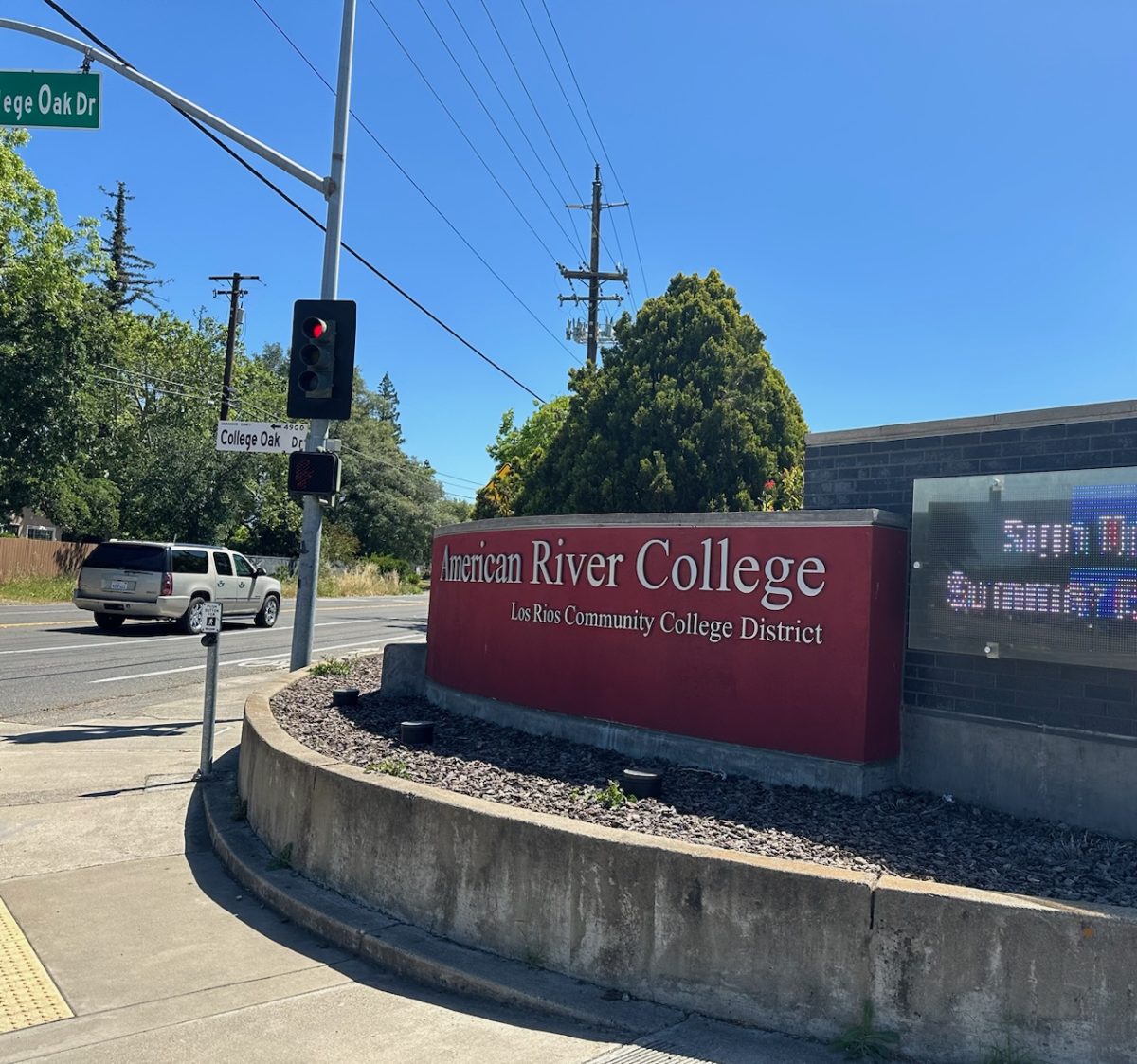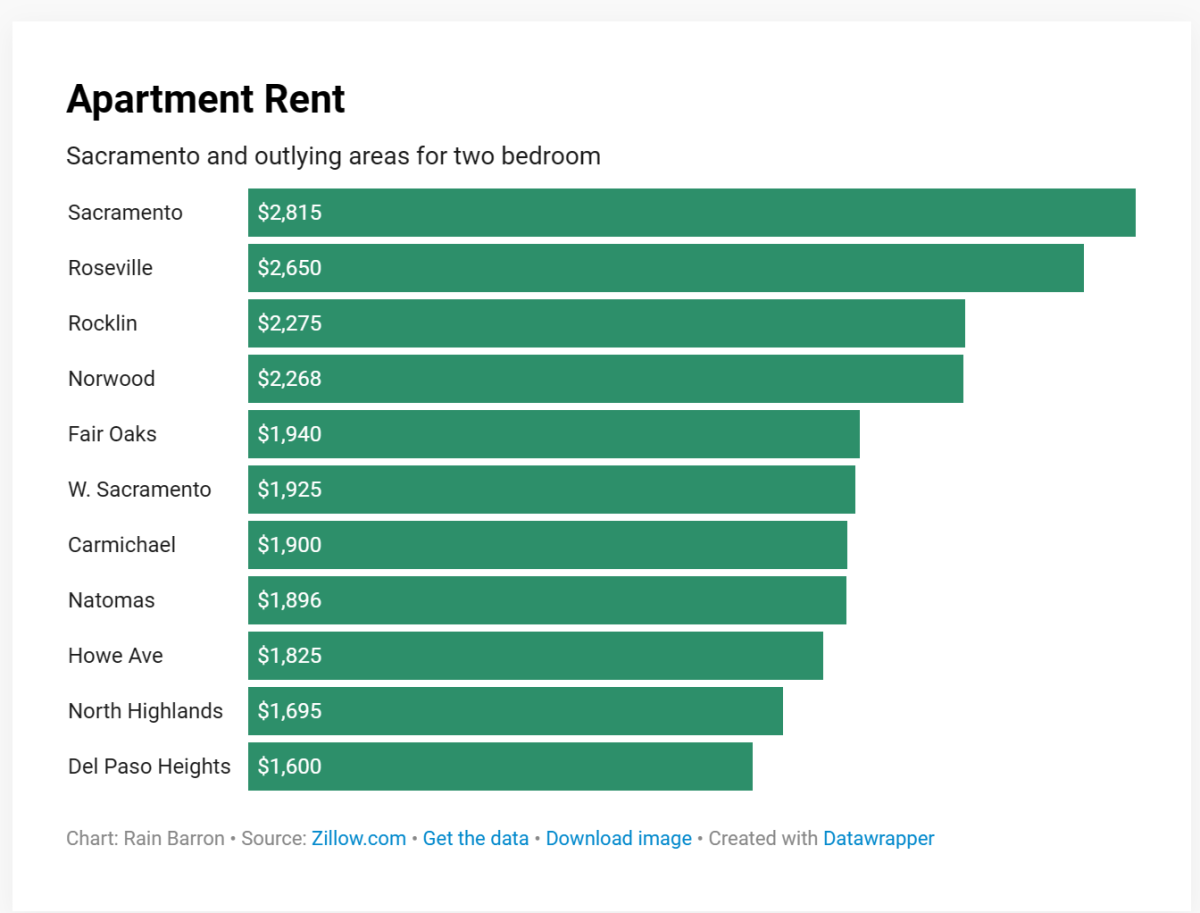American River College students will have an opportunity to donate blood March 6 and 7 through BloodSource, a community based, non-profit blood center that provides mobile blood drives.
Ryan Nix, the health services assistant on campus, said that according to records from the health center at ARC the BloodSource mobile drive has set up stations at the college since March of 1989.
This year, like many others, the organization will provide a chance for students to donate blood at two locations on campus.
From 9 a.m.-3 p.m., there will be mobile stations near Parking Lot A next to the Tech Ed building and another by the College Police and Operations Building.
“The reason why blood drives go to college campuses is because of convenience,” Nix said.
“College campuses have a lot of people meeting together in one common place so it is very convenient [because students] don’t have to go out to one of their [other] locations,” Nix said.
According to the BloodSource website, “one [blood] donation has the potential to save as many as three lives.” The website also claims that “only 38 percent of people in the U.S. are eligible to donate, and less than 10 percent actually do.”
“Blood helps save the lives of accident and burn patients, premature infants, heart surgery patients, organ transplant recipients and individuals fighting cancer,” according to the website.
Nicole Northeimer a student a part of the Interpreter Preparation Program at ARC, donated blood for the first time last year on campus and is planning to do it again this week.
“Honestly, I don’t like needles, but it’s for a good cause so I donate. I close my eyes and tell myself: ‘this is a good thing,’” Northeimer said.
She said what helps her conquer her discomfort is taking deep and long breathes through her nose and out through her mouth and remembering she is helping others.
“There are many reasons why students often hesitate on donating,” Nix said. “They might be afraid of getting deferred…because they don’t meet the criteria, they may [also] not like needles, [or] they may think it takes to long.”
Northeimer, aware of the process, still decides to donate on campus.
“It’s convenient [and of] easy access [because] I don’t have to leave campus and go somewhere else,” Northeimer said.
Nix encourages students to check if they meet the criteria.
“Personally all my experiences with BloodSource have been really good I donate fairly frequently myself and they hire people who are experienced and special trained for that,” Nix said.
To donate, students must be 18 years old and weigh at least 110 pounds. They must also feel healthy and be free of cold or flu systems at least three days before they donate according to BloodSource.
The organization also reminds donors to remember to bring a photo ID and to drink plenty of fluids prior to donating.


